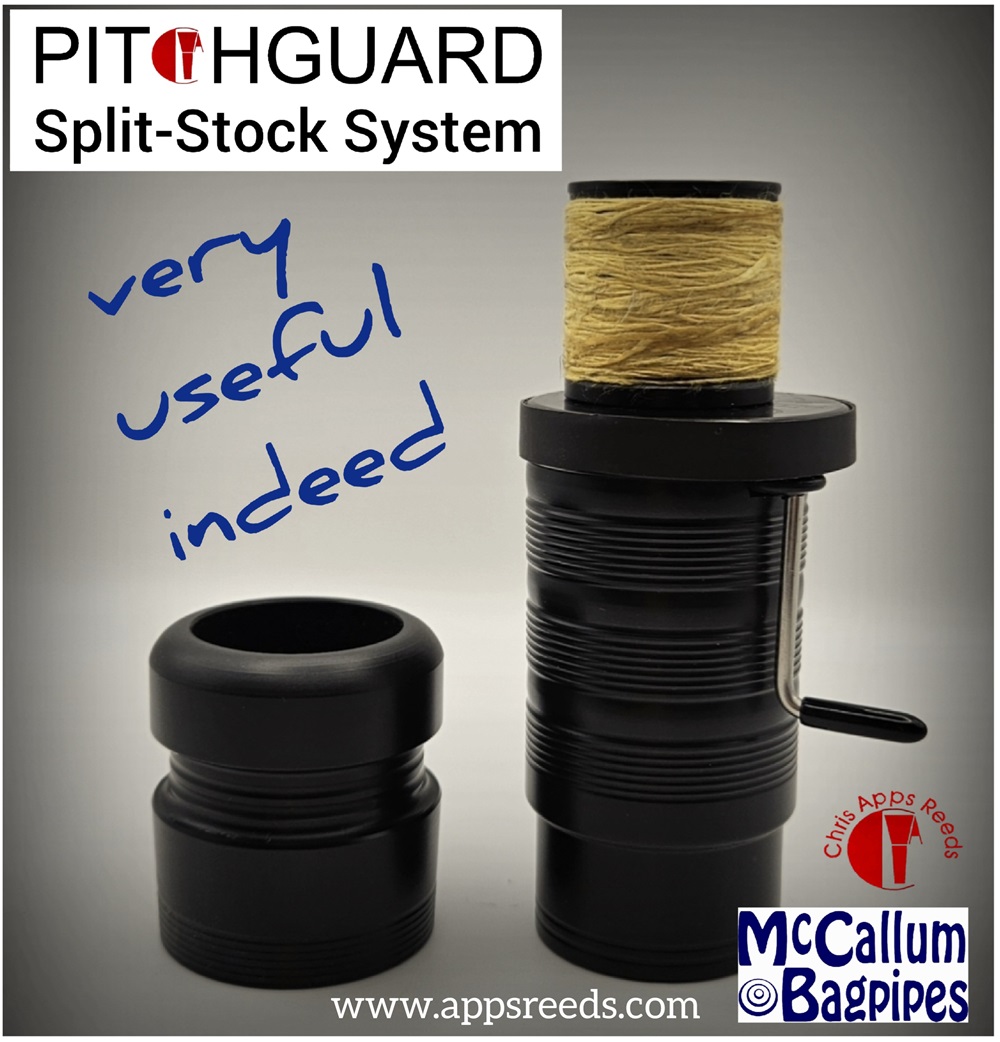This recording was released a couple of days before the Glenfiddich and was made during lockdown by renowned Scottish multi-instrumentalist, Fraser Fifield. He also recorded, engineered and mastered it.
At first glance, the title would suggest this is a recording devoted to ceòl mòr. It isn’t. Fifield refers to the adjective not the genre. That said, I believe it is the first recording he has made that utilises ceòl mòr in this way.
And what is “this way” I hear you ask? Well, there are elements of jazz and improvisation plus sounds from other reed instruments. It all adds up to a very interesting recording. And an enjoyable one, too.

Someone – it was Seumas MacNeill – once said that ceòl mòr is heard at its best when delivered unaccompanied by a solo piper.
I don’t think that was ever true.
Do you really think that at a typical Saturday night shindig over a few bevvies at MacLeod’s big hoose on Loch Follart (as Loch Dunvegan was called fomerly) in the 1700s that the ‘Talisker Circle’ – which included harper Rory Dàll Morrison and bard Mary MacLeod – just sat on their hands and with their mouths shut as Patrick Òg played a few pieces for the big chap and his guests? I imagine them to be joining in with whatever other instruments were to hand in addition to their voices!
This music is vocal. It derived from Gaelic song, the rhythms of the syllabic poetic tradition of the 17th century. It’s as vocal as the sacred morning chants heard in Tibet, the ancestral chants of Native Americans … of psalms sung at any Free Church on Lewis and elsewhere.
Sheesh, to hear ceòl mòr performed as it is most often today on the competition platform is to lament that such a rich, vocal music has been turned into something so, well, dull frankly. And unmusical. Admit it: when was the last time you heard this music played in such a way that you were enraptured by it?
On this recording, Fifield treats the music with respect, sensitivity and affection. He has included improvisations on MacDougall’s Gathering, Lament for the Old Sword, Lament for Red Hector of the Battles and A Flame of Wrath. He has also created original pieces inspired by this music. Fifield calls on highland pipes, Border pipes, whistles, saxophones, clarinet and kaval to create new … well, soundscapes! There, I’ve said it!
I’ve listened to this recording a few times now, each time from start to finish. I particularly liked Fifield’s ominous and dark treatment of A Flame of Wrath, as well as his wistful Lament for the Old Sword. But, really, there isn’t a bad track on this recording. You will not hear any singing. But you will hear vocal music. Hear it. Breathe it. This recording is a breath of fresh air.
This is modern approach to traditional tunes. Listen with an open mind and you’ll enjoy it.
• Piobaireachd / Pipe Music is available from Fraser’s website and from BandCamp.



